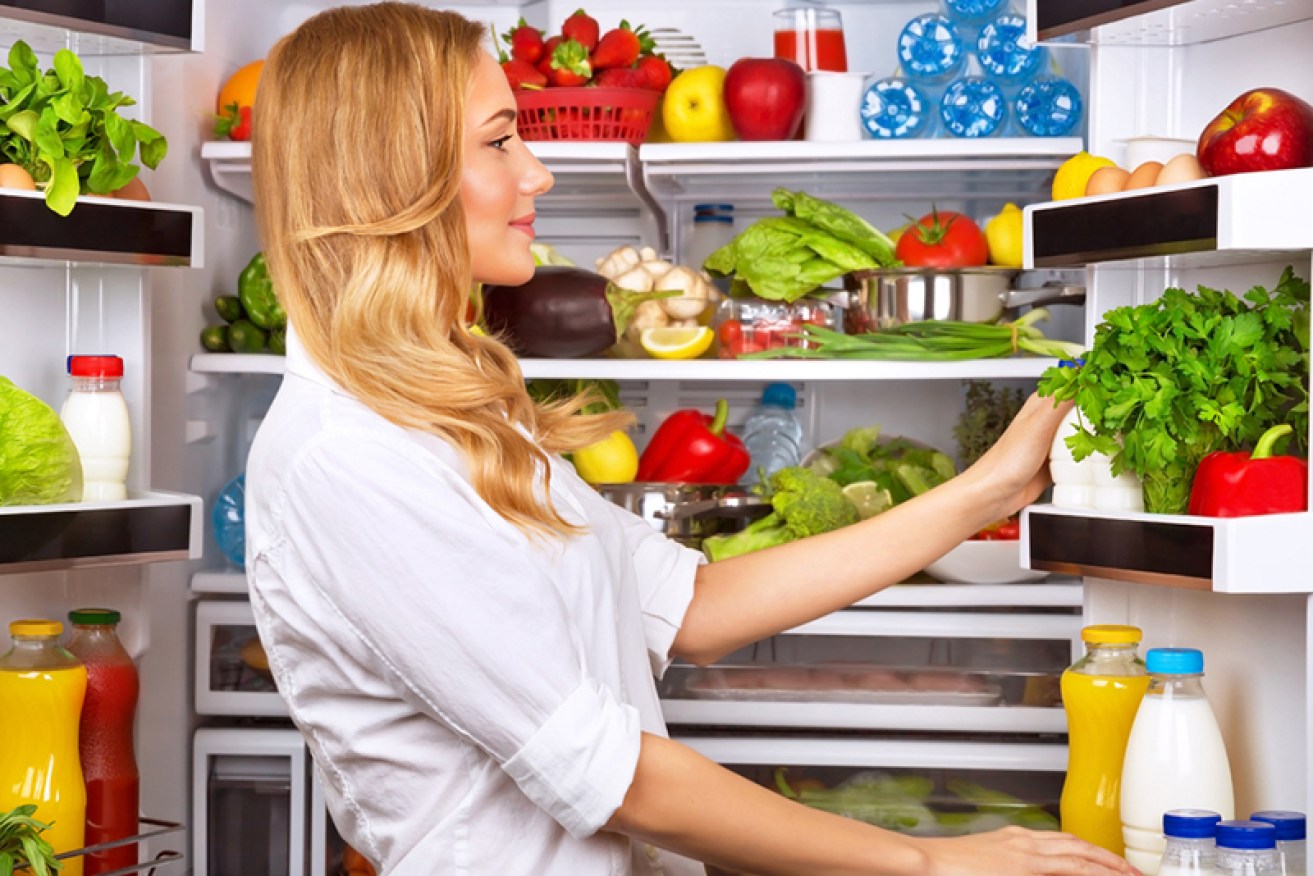Advisor: Find the impostor products in your fridge

Often when we go shopping in supermarkets or stores, and most of us have a very blasé attitude towards what we’re actually buying.
We trust labels like ‘organic’, ‘fresh’, or ‘made in Australia’. Although we’re often willing to pay the price for these so-called premium products, but we may not be getting what we’re paying for.
“The market is awash with dodgy credence claims, whether it be organic, free range, or any number of things that manufacturers try to convince people to pay a premium for,” Tom Godfrey, spokesperson for Choice, said.
• How lazy consumers can pocket big savings
• Go overseas for $99 – there’s just one catch
Fresh … or not
On Wednesday, one of these ‘dodgy credence claims’ led to the Federal Court to rule against Coles, in a case filed by the Australian Competition and Consumer Commission (ACCC) claiming the supermarket giant falsely labelled some if its bakery products.
 Coles and Cuisine-Royale Bakery-branded products were accused by the ACCC of labelling six-month old frozen bread cooked in stores as “freshly baked in-store” and “baked today, sold today”.
Coles and Cuisine-Royale Bakery-branded products were accused by the ACCC of labelling six-month old frozen bread cooked in stores as “freshly baked in-store” and “baked today, sold today”.
There was also recent news that the nation’s consumer affairs minister would begin a draft National Information Standard for the freerange egg market to develop regulations to halt consumers from paying premiums on eggs that were not free range at all.
Under current codes of practice, ‘freerange’ is defined as 1500 chickens per hectare, but in some cases Coles and Woolworths had been selling eggs as free-range from stocking densities of 10,000 chickens per hectare, according to Choice.
“I think manufacturers will go to extreme lengths to try to convince people to pay a premium,” Mr Godfrey said.
Don’t trust everything you read
There have been a number of products found to be falsely labelled products. Here’s a list of some of recent examples:
• Saskia Beer and parent company Barossa Farm Produce, were taken to action by the ACCC in breaking the Australian Consumer Law (ACL) for claiming pork used in ‘The Black Pig’ product “were heritage Berkshire pigs, or other heritage black-pig-breeds; and/or free range pigs, were false,” according to Choice.
• From 2008 to 2010, Aldi claimed the honey it was selling was from Kangaroo Island, which produces organic honey, but the claims were false.
• In 2012 a file was made against Big Olive Company Ltd, for falsely labelling “extra virgin olive oil” that the ACCC did not consider authentic.
• In 2009, testings of supposed extra virgin olive oil from Calcorp (Australia) Pty Ltd, Basfoods (Australia) and IGA Distribution Pty Ltd showed their products not authentic.
• In 2011 Woolworths at Newington in Sydney said lemons from the United States were from Australia, Coles at St. Mary’s in Sydney also failed to label the country of origin for grapefruit.
So what can you do?
 Choice’s Tom Godfrey says before consumers pay a premium they “need to stand back and look to see what they’re actually paying for”.
Choice’s Tom Godfrey says before consumers pay a premium they “need to stand back and look to see what they’re actually paying for”.
“Look at the unit prices and look to see if the claim being made on pack has been independently verified, and it has been independently verified against a meaningful standard,” he said.
Mr Godfrey stressed the importance of informed purchasing as another tool in your arsenal as a consumer, on top of checking unit prices.
Being informed can lead you to make intelligent purchases and reduce your risk of paying premiums for mislabeled products.








